Year after year and tradition after tradition, people are celebrating Thanksgiving wrong. It’s important that Native culture and history are acknowledged, especially this time of year. “Different tribes have different traditions,” says Animikiikwe Durant, former Miss Seafair.
Jerad Koepp, a Native Student Program specialist at North Thurston and part of the Wukchumni tribe, views Thanksgiving as a time to “get family to come together and just celebrate being together over a lot of really delicious food.”
Koepp explains that he doesn’t dwell much on the history of Thanksgiving even though he has experienced his peers dressed up in Native American headpieces and pilgrim costumes, playing into a myth about Thanksgiving.
Animikiikwe Durant comes from Wisconsin where her Ojibwe tribe celebrates Thanksgiving differently. “We have to acknowledge that Thanksgiving is a colonizer’s holiday and wasn’t celebrated pre-colonial contact, so there really aren’t any ‘traditions’ that my tribe has surrounding Thanksgiving.”
The history of Thanksgiving is “rooted in dominance and oppression,” according to Durant. “By still celebrating Thanksgiving, it’s like telling the entire indigenous population that we don’t matter and we should just be quiet.” Durant wants people to acknowledge the atrocities associated with and rooted in this story. Something often overlooked and conveniently forgotten year after year.
To Indigenous people, the idea of Thanksgiving is the celebration of being conquered. There’s so much false Hollywood history when it comes to Thanksgiving. Ella Sherin is an enrolled Cowlitz of Yakima descent and previous leader of the OHS Native Student Union. She says “it’s important that we recognize that Thanksgiving is a white holiday. It’s okay to make light of the situation and still have fun and get together with family and friends, but we can’t sugarcoat it.”
“When elementary schools do the whole make Indian headbands and paint pilgrims, they’re sugarcoating a complex history. They’re playing into this Hollywood idea of what the story is but never teaching them the truth and actually going into it,” Sherin explains. Thanksgiving is much less a celebration of being united and much more a reminder of the massacres and theft that coincide with the colonists’ arrival.
The history of Thanksgiving is very complicated. According to Koepp, “It became a holiday under President Lincoln, he is a very complicated figure regarding race relations in the United States. While he made [Thanksgiving] a national holiday, you also see complexities of how within one week he can sign the emancipation proclamation and then order the largest mass execution in American history when he hanged the Dakota 38.”
The Dakota 38 was an incident that occurred when the U.S. government didn’t uphold their promises to a tribe and they fought against the white settlers. Abraham Lincoln then convicted them of killing in warfare and hanged 38 people in the Dakota tribe.
Sandra Gordon works in Native education for the Olympia School District and is part of the Ojibwe and Oglala Lakota tribes. She illuminates the constructed idea of epigenetics, trauma passed down through DNA from generation to generation. “The trauma is in our DNA,” she explains.
Gordon says that studies have proven that historical trauma is moved through DNA from ancestor to ancestor. Because Native youth have one of the highest suicide rates, there was a study that shows that Native kids have the same PTSD levels as veterans. Because Native Americans have been through massacres, theft, and attempted erasure of their culture, trauma is tied deep into their DNA. While some Native people haven’t experienced the exact horrors of the past, they still feel this connection that is bound into their genes.
Being tokenized as a Native American is a big issue, even now. Gordon elaborates that schools use Native culture as just another checkmark to go over once a year in an assembly and is overlooked the rest of the year. “I wish people would understand that Native culture is more than just an add on, we’re not just tokens. It’s so much more complex than having a different skin color or a different world perspective,” explains Gordon.
“We survived when we weren’t supposed to,” Gordon states. Much like Gordon, Koepp expresses how he has “a lot of sympathy for people because you’re not supposed to see me and you should be upset about that,” regarding the massacre of the Wompanoag tribe that followed the first Thanksgiving, now known as Mourning Day. Native people gather to commemorate and protest to spread the awareness of the truth behind Thanksgiving.
Non-native people seem to resist the truth behind Thanksgiving and hold onto this myth. “I’m very frustrated that [white washed history of Natives] still occurs. Impacting me every day? No, I don’t dwell on it everyday. I think what I do is what I’m doing now and I’ve been doing since 2010 when I started doing Native education, which is healing.”
Gordon continued, stating that there can be ignorant people out there who refuse to acknowledge Native presence, but the process of healing is helping and spreading awareness to others. “All we’re trying to do is teach another perspective. There are other histories in this country. It wasn’t just about colonial accomplishments and heroes.”
Many Native people feel as if their culture is being erased and trying to be taken away from them. The Native community is invisible in many aspects and they are trying to hold onto their culture in any positive way that they can.
Spreading stories and spreading awareness for their culture and history is one step in a long game to becoming heard and known. They are more than tokens and far more complex than people can know. Take time today to listen and understand another perspective that is often overlooked.


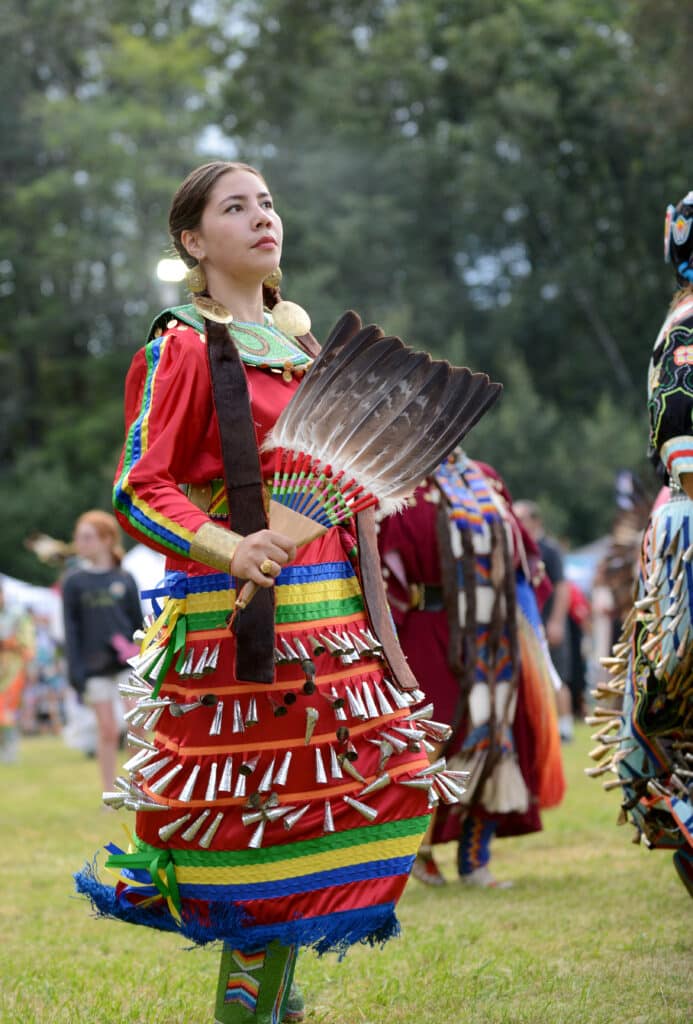
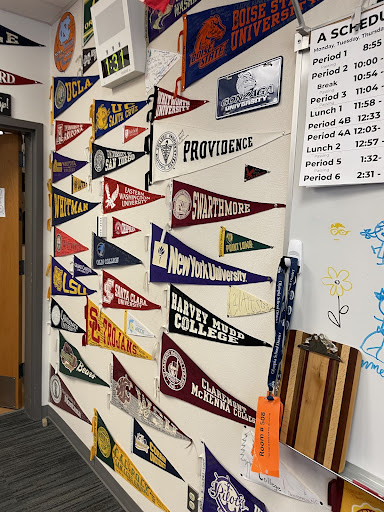

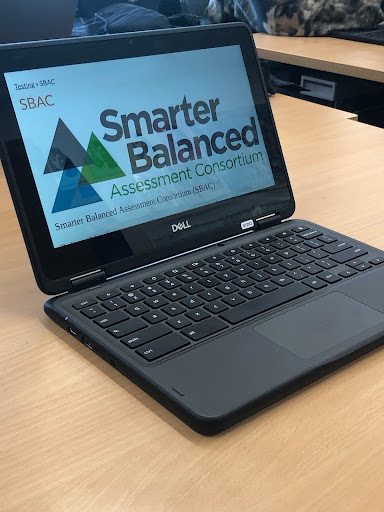
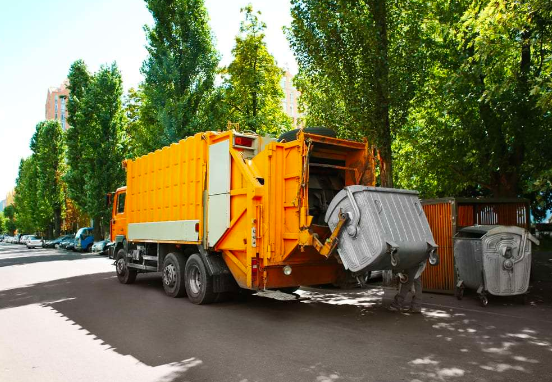
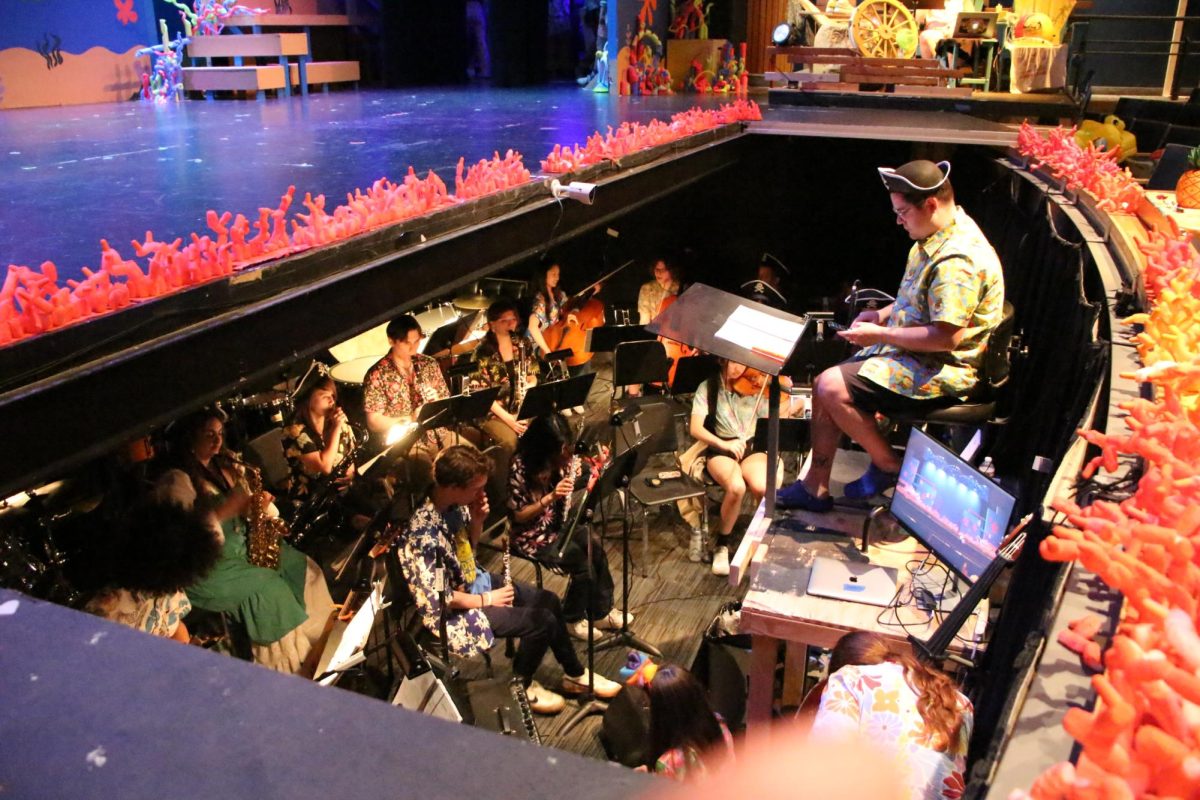
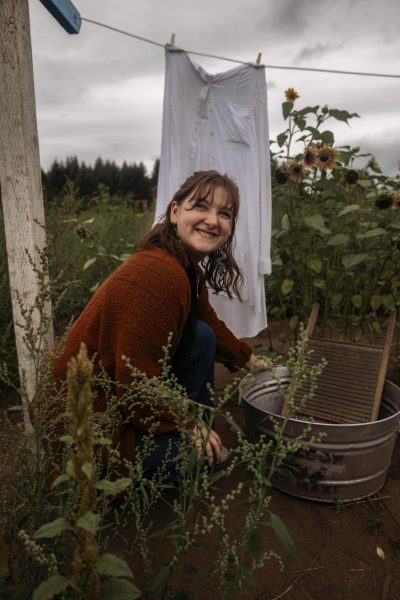
Erin Baumley – Dec 8, 2023 at 4:57 pm
So well written and thought provoking!
Katie – Dec 7, 2023 at 1:35 pm
Great article about why we shouldn’t be celebrating a colonizer’s holiday as people on Borrowed Land.
anon reader – Dec 7, 2023 at 1:32 pm
I really loved the perspective that is not talked about regarding generational trauma. The author did a great job interviewing different people to get a well-rounded view of the holiday and how it has different traditions than is typically celebrated in America.